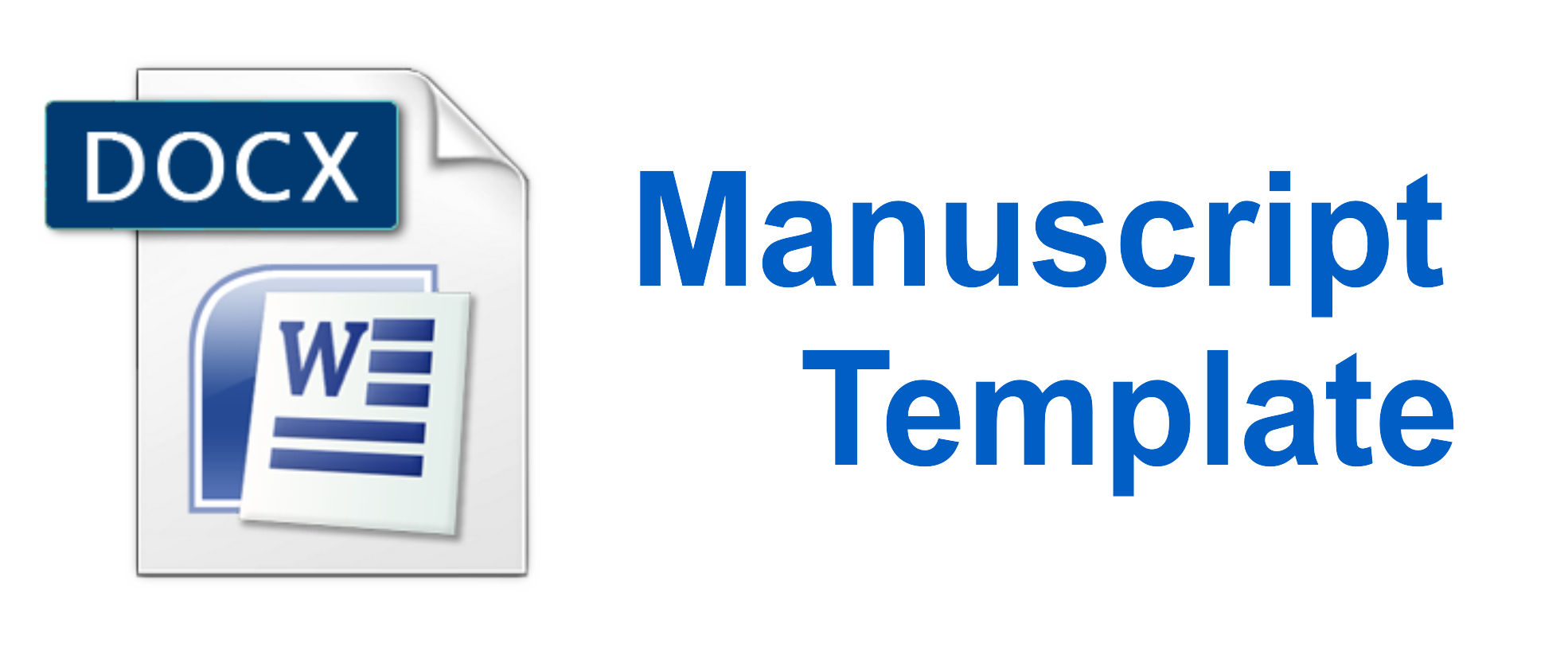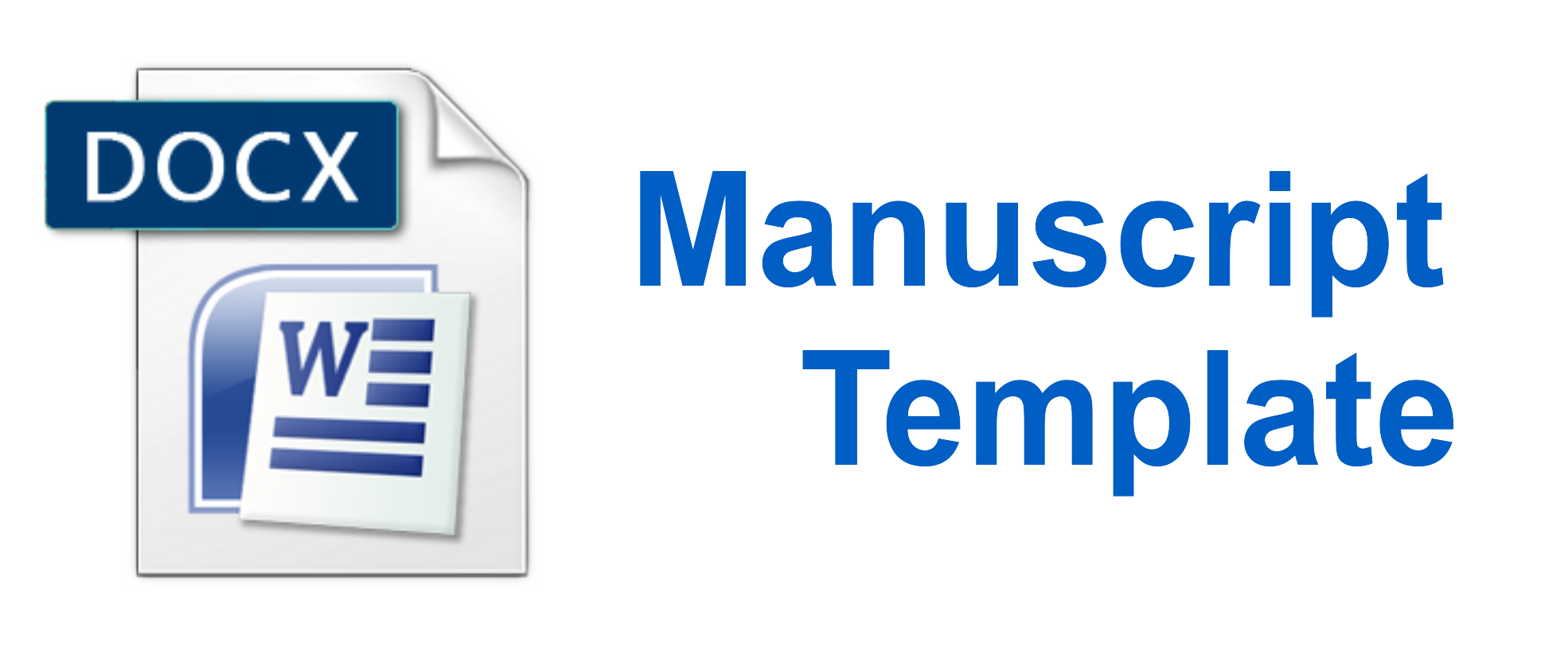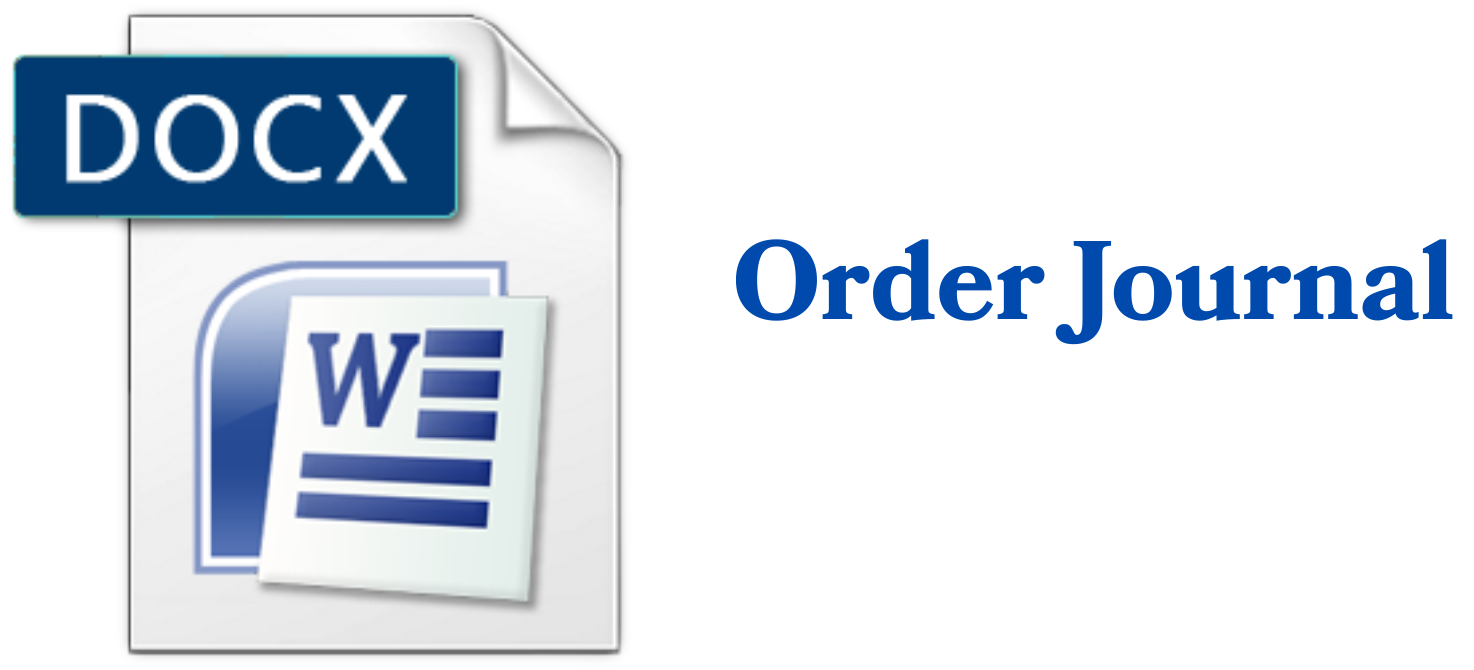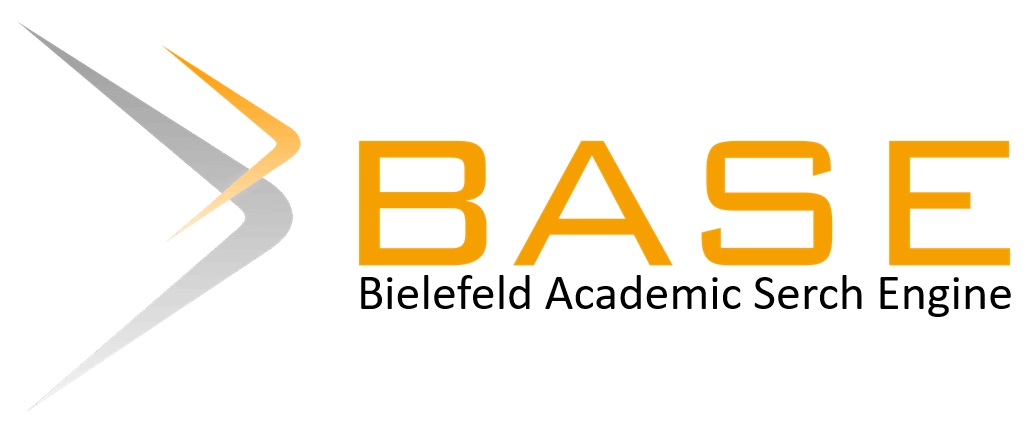STUDI ANALISIS DAMPAK PADEMI COVID-19 TERHADAP EKSISTENSI PEMBELAJARAN PENDIDIKAN AGAMA ISLAM DI INDONESIA
DOI:
https://doi.org/10.35316/edupedia.v5i1.880Keywords:
Existence of Learning, COVID-19, Islamic StudiesAbstract
The world has been surprised by the emergence of a COVID 19 pandemic, was born in China, and widespread to various countries in the world. In Indonesia, the government issued several policies to break the COVID 19 pandemic chain, which also triggered some pro-cons in the midst of society. One of the policies government takes is the closure of learning access directly at school and moving the learning process from physical class to a virtual classroom or known as online learning. In the economic sector also affects the parents’ financial ability to provide sufficient funds to support the implementation of distance learning applied by the government. The implications of the distance education policy are of course the quality of learning, including the subjects of Islamic religious education, which is essentially aimed at planting knowledge, skills, and religious consciousness to form the character of the students. Online education must certainly be precise, in order to provide equal education services to all students, prepare teachers to master the technology, and seek the core learning of Islamic religious education can still be done well.
Downloads
Published
How to Cite
Issue
Section
License
Edupedia: Jurnal Studi Pendidikan dan Pedagogi Islam adopts the Creative Commons Attribution–ShareAlike 4.0 International License, which allows users to reproduce, modify, and distribute published articles in any medium for lawful purposes, provided that appropriate attribution is given to the original author(s) and the journal, the license is properly cited, any changes are clearly indicated, and derivative works are distributed under identical licensing terms.
Upon publication in Jurnal Kesehatan Vokasional, authors confer to third parties the rights to use their articles in compliance with the Creative Commons Attribution–ShareAlike 4.0 International License.
Copyright on articles is retained by the respective author(s), without restrictions. A non-exclusive license is granted to Edupedia: Jurnal Studi Pendidikan dan Pedagogi Islam to publish the article and identify itself as its original publisher, along with the commercial right to include the article in a hardcopy issue for sale to libraries and individuals.
![]()















